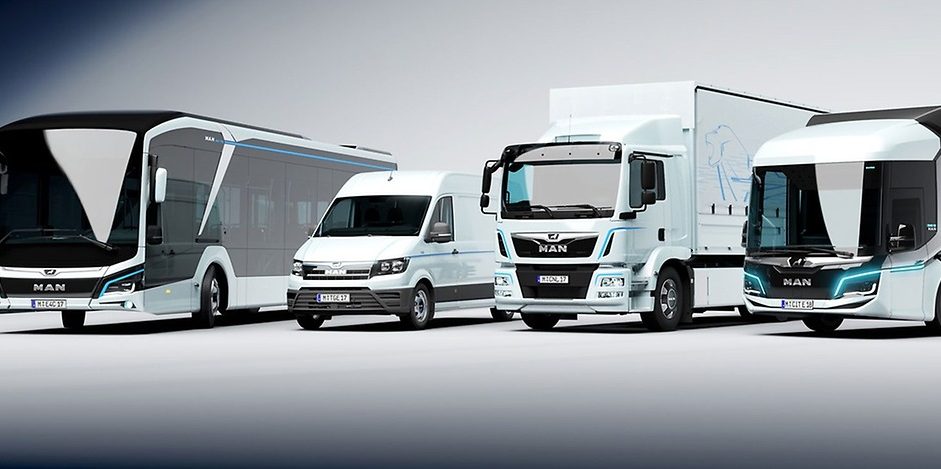The WMO (World Meteorological Organisation), commenting on the flooding that occurred in a number of western European countries in July, said the catastrophe was the latest indication that all nations need to do more to hold back climate change.
The government has recently launched a new report to help the country meet net zero targets and engender climate security within economic activity. The report from the Department of Transport sets out deadlines by which the UK should be transitioning to cleaner vehicles powered by electricity, hydrogen and other alternative fuels.
The Transport Decarbonisation Plan, announced by the Secretary of State for Transport on 14th July 2021, will result in cleaner air, healthier communities and tens of thousands of new green jobs. The plan, described as world-leading, aims to cut emissions from “skies, seas, railways and roads” – a pathway that will enable the entire transport system to reach net zero by 2050 by switching to electric vehicles, hydrogen powered vehicles and vehicles run on biofuels.
The phasing-out of new diesel and high-petrol vehicles for commercial use by 2040 is undergoing consultation. Proposals include a 2035 out-date for vehicles from 3.5 to 26 tonnes and 2040 for vehicles exceeding 26 tonnes. Mark Lumsdon-Taylor, Founder & Chair of Rural Policy Group, says, “Such a proposal would impact heavily on the logistics sector and it is vital that industry and government work hand in glove to make decarbonisation a reality; working together to develop technological capabilities, create an infrastructure and prepare business & the workforce for change”.
MLT went on to add, “I welcome any innovation towards creating a more greener, more sustainable UK plc. This report is an important step in helping the food and farming industry meet the target for decarbonising agriculture. However, while the aims of this document are laudable, businesses need a roadmap for action. Information, financial incentives, co-ordination, innovation and guidence are essential to making a successful transition to cleaner transport”.
Grant Shapps’ plan sets out the government’s commitments and the actions needed to decarbonise the entire transport system in the UK. It sets out the pathway to net zero, details the wider benefits net zero transport can deliver and looks at the principles underpinning the government’s approach to delivering net zero transport.
The UN Secretary-General, Antonio Guterres, issuing a further warning about the importance of limiting global temperature rise to below two degrees Celsius, has said it is a matter of life or death for vulnerable countries in the front line.
Several countries are pioneering the use of waste products such as agricultural residues and used cooking oils to fuel airplanes. India is reported to be one of the countries en route to producing sustainable aviation fuels (SAFs). Sustainable aviation fuels are perceived as increasingly important in the effort to align to the targets outlined in the Paris Agreement; the aviation sector is said to emit 3 percent of the world’s total emissions. Mark Lumsdon-Taylor adds, “The use of agricultural by-products in aviation fuels could be an exciting and commercially advantageous development for the UK’s farmers”.
The UK aviation industry is seeking to reduce emissions; the consultation proposes UK domestic aviation and all airport operations in England to be net zero by 2040.
RELATED TALKS
Energy & Industry. Rural Policy Group investigates how rural businesses can reduce their emissions and opportunities in the renewable energy industry for landowners as part of the government’s strategy to decarbonise agriculture.
Electric Vehicles in Food & Farming. Rural Policy Group looks into laying the foundations for and the costs of decarbonising transport within the food supply chain.
RELATED INFORMATION
Decarbonising transport: a better, greener Britain. The UK government’s plan to decarbonise the entire transport system in the UK. Published 14th July 2021.
The Paris Agreement. The Paris Agreement is a legally binding international treaty on climate change. It was adopted by 196 Parties at COP 21 in Paris, on 12 December 2015. Its goal is to limit global warming to well below 2, preferably to 1.5 degrees Celsius, compared to pre-industrial levels.

